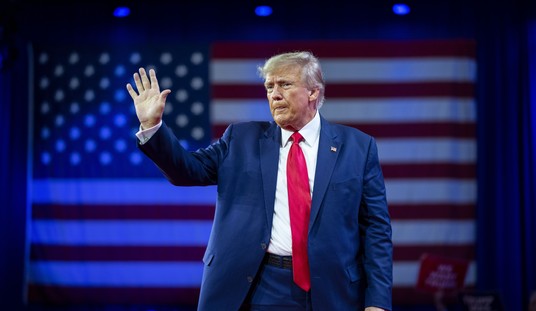Put this in the when-pig-fly category: I’m finding myself agreeing with something the International Union, United Automobile, Aerospace and Agricultural Implement Workers of America (UAW) did.
The UAW has long been seeking to organize workers at the Volkswagen assembly plant in Chattanooga, Tennessee, and the moment of truth has arrived. The National Labor Relations Board (NLRB) has scheduled an election for February 12 to 14 where workers will have the final say.
In the lead up to the vote, the union negotiated with the company to set the terms of Volkswagen’s neutrality in the election. Surprisingly, the union agreed to something that makes such perfect sense that it should set a new precedent for future union organizing drives, and perhaps even find its way into new rules coming out of the NLRB. The UAW agreed not to visit employees at their homes without being invited.
It doesn’t sound like that significant of a concession, but it’s actually tremendously important. The UAW, like so many other unions, have routinely paid employees a visit at their homes to, well, let’s use the word “persuade” workers to support labor’s organizing efforts. But all too often that persuasion turns into intimidation and harassment, especially when the visits happen repeatedly.
It’s no secret that labor organizers often resort to violence and coercion to get their way. Various members of the International Union of Operating Engineers (IUOE) in Philadelphia were recently sentenced to severe prison terms for committing attacks on non-union construction company executives and vandalizing company equipment. Shockingly, union bosses have successfully pushed for laws to be passed in several states that make criminal acts committed in the name of labor organizing completely legal.
Recommended
So, it’s no wonder most workers would fiercely object to hearing a knock at the door at dinnertime and finding union organizers at their doorstep. At a minimum it’s an invasion of privacy. In reality, it is, and is intended to be, threatening. The message sent is we know where you and your family live.
The UAW’s promise to respect the privacy of workers at home comes at a perfect time. The NLRB is in the process of writing new rules to govern union organizing elections. Unfortunately, instead of providing greater privacy protection to employees, the proposed “ambush” election rule goes in the opposite direction, requiring employers to turn over to the union even more personal information about the employees. And there are no strings attached, no rules whatsoever about what labor organizers can do with that personal contact information. Under the rule, employers would be required to provide union organizers the home and cell telephone numbers, and personal e-mail addresses of workers.
The Obama Labor Board should revise their proposed rule to empower workers to control what, if any, of their contact information is shared with the union, and just as importantly, how that information can be used. For instance, one worker might decline to share their home address with the union, while another might agree to share their home address for the purpose of receiving mail, but not for physical visits at their home. Another worker may agree only to receive communication via phone or email.
It is important to note, workers provide employers personal contact information when hired not for union organizing purposes; instead, they do so to receive payment, work-related correspondence and in the event something unfortunate takes place.
Giving workers control over their personal information makes so much sense even the UAW agreed to it in Chattanooga. Now it’s up to the NLRB to give every worker in America the same protection.

























Join the conversation as a VIP Member